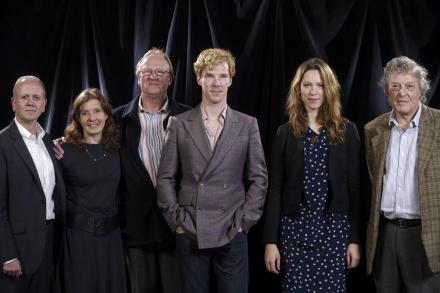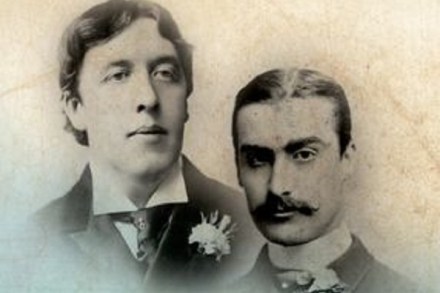The Devonshires, by Roy Hattersley – review
Recalling being taken as a teenager on repeated outings to see Chatsworth, Roy Hattersley disarmingly confesses that in those days ‘I was impressed by neither the pictures nor the furniture’. Over the past three years, while working in the Chatsworth archives on this history of its owners, the Cavendish Dukes of Devonshire, Hattersley would break off from research to roam the rooms and reacquaint himself with the house’s treasures. Yet if he is now more appreciative of its contents, he is not completely under the spell of Chatsworth’s past occupants. The ‘founding mother’ of the Devonshire dynasty was the Tudor virago known as Bess of Hardwick. Aged 20 in 1549














